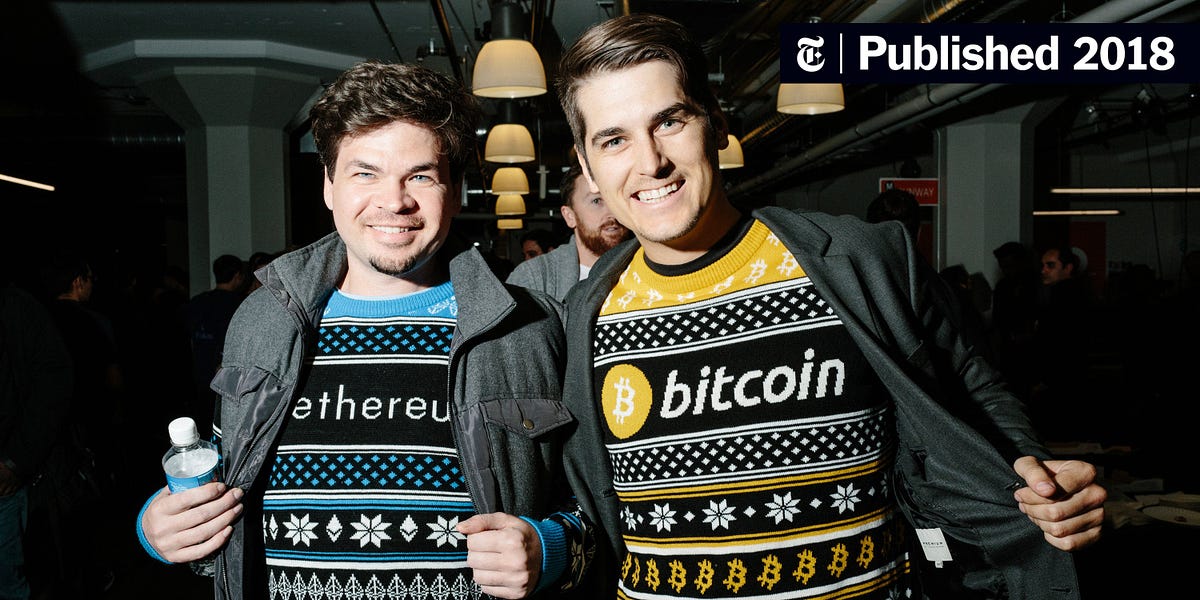
How Communities Die


sari and added
Geeks can refuse to admit mops. In fact, successful subcultures always do create costly barriers to entry, to keep out the uncommitted.6 In the heyday of subcultures, those were called poseurs.7 Mop exclusion keeps the subculture comfortable for geeks, but severely limits its potential. Often there’s a struggle between geeks who like their cozy lit... See more
meaningness.com • Geeks, MOPs, and Sociopaths in Subculture Evolution
sari added
Zooming out: great communities, in the traditional sense, required limited options so people would remain dependent: no specialists or external trade (to ensure we all collectively worked together), and no diversity or weird ideas (to ensure a homogenous group with a focus on tradition). We had far worse medical treatment, underwent excruciating ma... See more
Erik Torenberg • Markets and Communities
sari added

As I describe in “Eternal September,” there’s an unfortunate downside in reaching a more mainstream audience: more and more people jump in, and what makes the early community special often gets diluted.
Andrew Chen • The Cold Start Problem: How to Start and Scale Network Effects
Things tend to get worse as they scale. As startups turn to large corporations, they empty of meaning. The tight social bonds of a village fail in the big city. What goes wrong?
Joe Edelman • On Planting Fields
sari added
The upshot is this: Communities and cults are both valid and reasonable ways to organize social structures. Flat communities worked well in the early internet of high barriers to participation and limited people and content. Hierarchical cults work better today, when the internet has a plethora of content and people, and all those barriers have fal... See more
The Information • Clubhouse and the Future of Cult-Driven Social Platforms
SpaceXponential added

Keely Adler and added